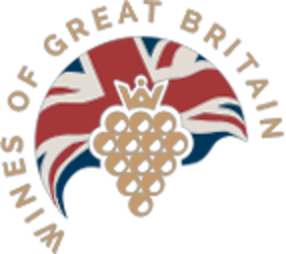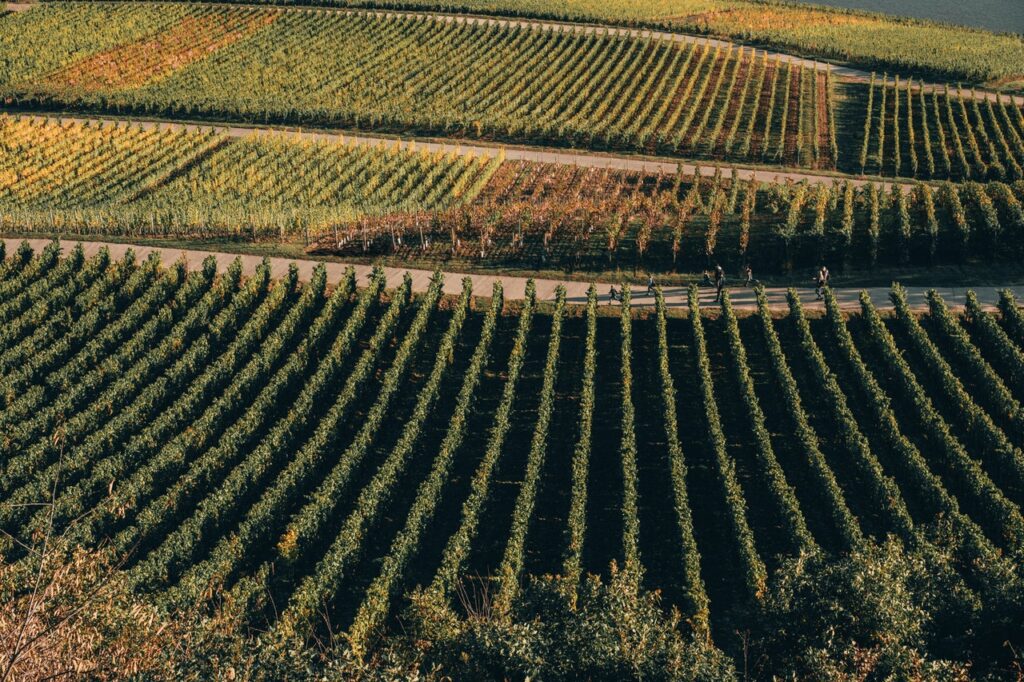
Records broken as WineGB Awards medals announced
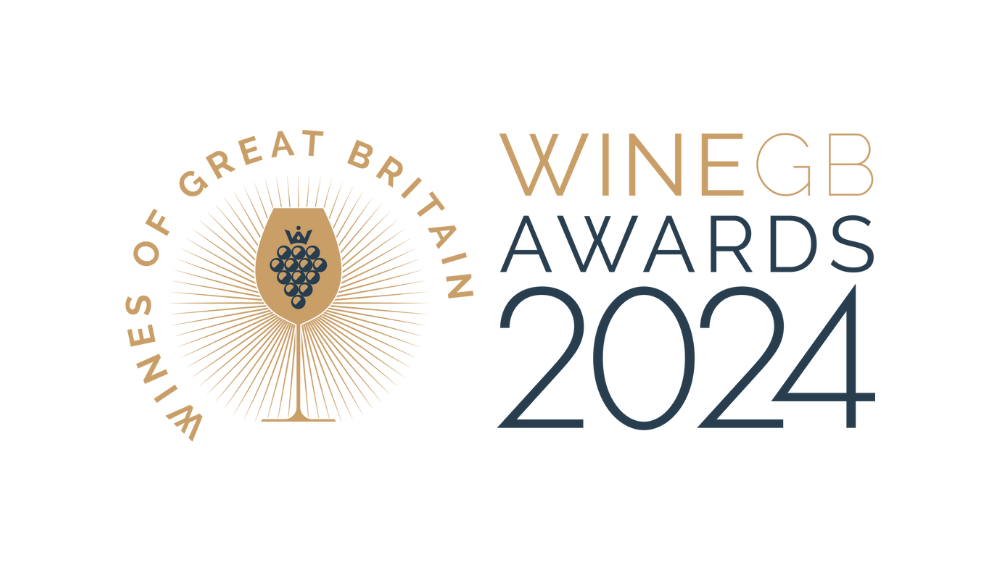
The eighth edition of the WineGB Awards saw a record number of wines entered and gold medals awarded with wines made in 33 counties across England and Wales gaining honours.
Over 350 medals were awarded this year (177 to sparkling wines, 174 to still wines) across 20 different classes. 35 gold medals were awarded to sparkling wines while 21 were given to still wines, more than double the figure achieved for the latter in 2023.
Standout categories for sparkling wines were the Classic Cuvée Non-Vintage/Multi-Vintage, Classic Cuvée Vintage and Rosé classes, each achieving six gold medals. For the stills, the red Pinot Noir and Chardonnay classes came out on top, each with five golds, closely followed by Bacchus with four.
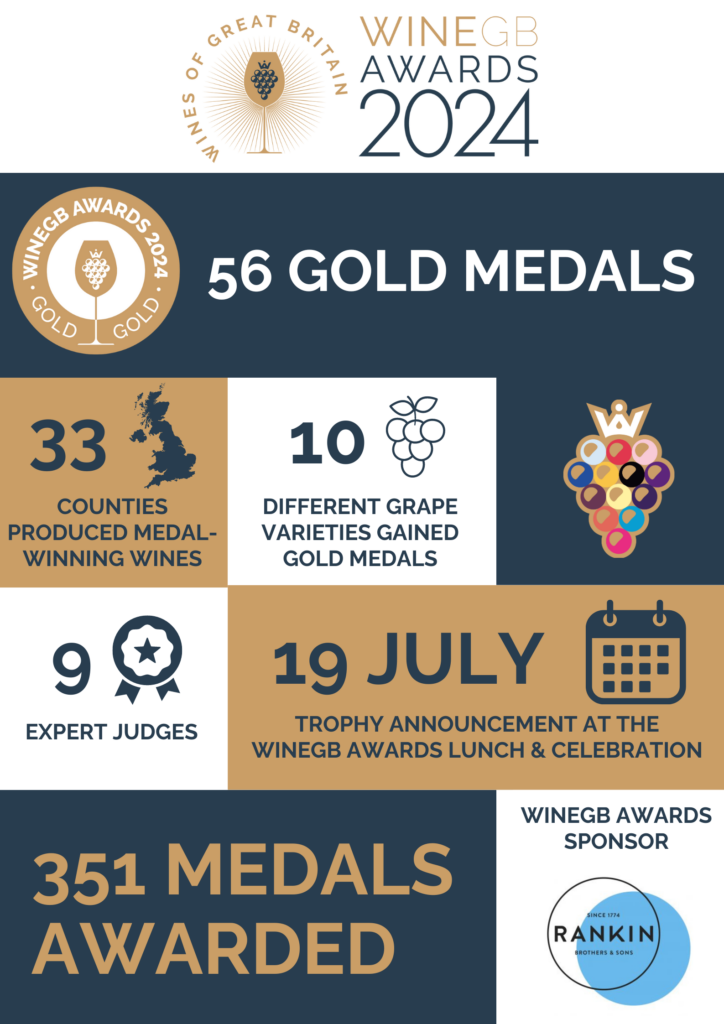
Wines made from 10 different grape varieties were awarded gold medals, with the first gold ever given to a wine made from Solaris and an orange wine Vermouth made using Reichensteiner, Solaris, and Bacchus.
This year saw a wide regional spread with wines produced in 33 different counties awarded medals (28 counties in England, five in Wales), with gold medals spread across 18 counties from Cornwall, Dorset, and Suffolk to East Sussex, Berkshire and North Yorkshire.
In the gold medal tally, Kent and Hampshire claimed the top spot with nine, with West Sussex awarded six, Dorset five, and East Sussex four.
In terms of total medals, Kent was once again victorious with 71, followed by East Sussex with 47, West Sussex with 41, Hampshire with 33, and Devon with 15.
Innovation and experimentation were key themes at this year’s WineGB Awards, with a range of winemaking techniques on display. This included a multi-vintage still wine, use of oak in various formats, low and no dosage sparkling wines, skin contact still wines, and solera system blending. Wines using all methods of sparkling wine production gained medals from Traditional Method and Charmat, to Col Fondos, Pét-Nats, and carbonated wines.
The medal results can be read in full here via pdf or here in a searchable online catalogue.
The WineGB trophy results will be revealed at the WineGB Awards Lunch and Celebration on 19 July at the Drapers’ Hall in London. This includes the announcement of the regional trophy winners along with the unveiling of the category trophies, concluding with the top award: The Supreme Champion 2024. More information and tickets are available on the WineGB website here.
The WineGB Trophy winners will feature on one of the focus tables at WineGB’s annual Trade & Press Tasting, taking place on 4 September at the Battersea Arts Centre, London.
County medal table: top 10
| County | Medal tally |
| Kent | 9 gold, 26 silver, 36 bronze |
| Hampshire | 9 gold, 12 silver, 12 bronze |
| West Sussex | 6 gold, 16 silver, 19 bronze |
| Dorset | 5 gold, 1 silver, 1 bronze |
| East Sussex | 4 gold, 14 silver, 29 bronze |
| Devon | 3 gold, 6 silver, 6 bronze |
| Gloucestershire | 3 gold, 3 silver, 5 bronze |
| Surrey | 2 gold, 6 silver, 4 bronze |
| Somerset | 2 gold, 4 silver, 3 bronze |
| Staffordshire | 2 gold, 2 silver, 4 bronze |
What the judges said
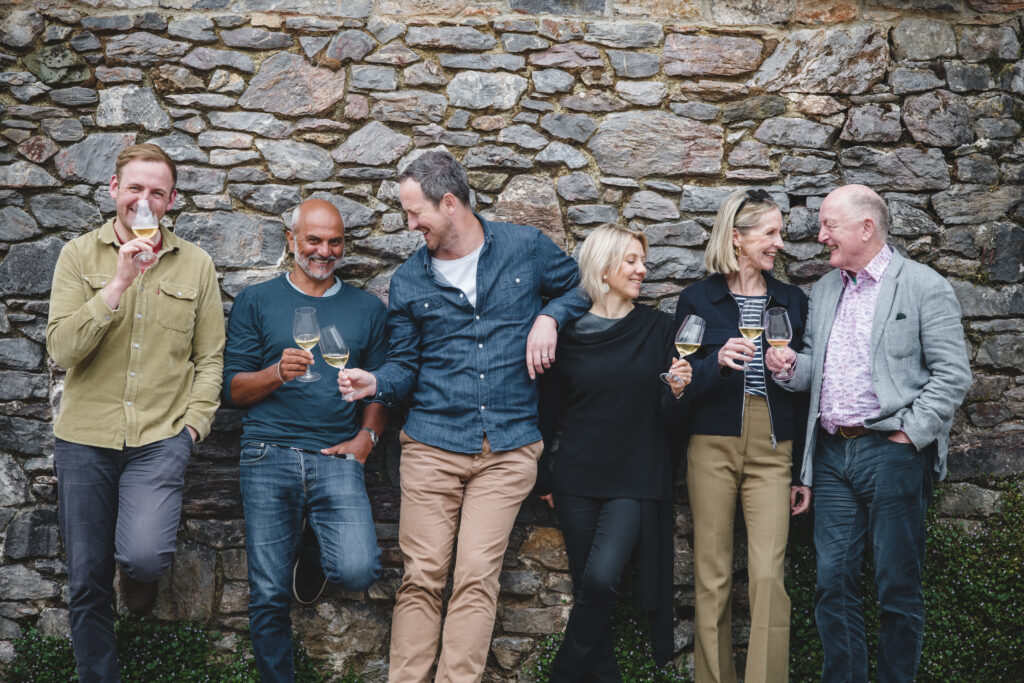
Oz Clarke OBE, Co-Chair of the WineGB Awards judging panel, said:
“Every single category was at its best level this year. There were more wines than ever, and there were some truly fascinating expressions of grape varieties, both well-known and more obscure. Ambition and innovation were triumphantly in step with each other.
“Until this year, the sparkling categories have always ruled the roost. This was the first year when we could luxuriate in a fabulous array of Chardonnays and Pinots and know that we had a worthy clutch of top medals in both. And it is worth noting that the Pinot category was bolstered by some outstanding examples of Pinot Précoce.
“England and Wales have a wealth of different grape varieties and wine styles that intrigue and challenge the producers and which amazed and excited us as we judged the results. Who knew grape varieties like Ortega could be suited to so many styles!”
Fellow Co-Chair Peter Richards MW added: “This year was an important one for the WineGB Awards on many levels. Firstly, this was the most wines ever entered in the awards. Perhaps even more significantly, more producers than ever took part. Finally, both the quality and diversity of the wines were notable – we judges commented regularly on just how high the standard is nowadays in English and Welsh wine, and how exciting it is to taste the wines.
“Judging was an intense process – every single wine was scrutinised, evaluated, and re-evaluated, discussed and considered from many angles. Every wine was given a chance to shine. And boy did the winners shine! We had some truly stunning wines – wines to take the breath away – for which we felt very privileged.
“One of the highlights was the Classic Cuvee NV/MV category. Now that wineries have built up reserve stocks and become more experienced in using them, there are some bravura wines in this category, which overlay complexity, nuance and intrigue over natural freshness and intensity. This is a category that the UK can make its own.
“Other highlights included the Bacchus category, which showed significant diversity and quality across notably different styles. Pinot Précoce is delivering some outstanding wines. Prestige Cuvées was a joy to judge.
“As for the surprises – the Innovation category, both in fizz and still, provided some eye-opening moments, with some truly stunning wines in the mix. It’s so exciting to see producers having the confidence to experiment and push the boundaries of English and Welsh wine. Not all hit the mark but when they do, they show just how much potential there is for discovery and innovation in the English and Welsh wine category.”
Rebecca Palmer, Associate Director and Buyer at Corney & Barrow, said: “Entries were up again this year, a trend we are seeing year on year, no doubt as more producers emerge onto the scene. At the same time, I do feel, year on year, that the general level of quality increases – there is a sense of confidence in the winemaking; greater clarity of style, a greater mastery of style and the interplay between the elements of the wine – the aromas and flavours of course, but also the general shape and dimension of the wines; something to do with an understanding perhaps of the structural interplay and age of vines too, there are so many factors. There was also more innovation and emerging styles in the line-up than I remember seeing at previous competitions, which is fantastic. The UK has made a name for itself as a world-class producer of sparkling wines, able to step onto any international podium; as a result, there is confidence, and that also gives room for daring, for innovation.
“There were so many thrilling wines in this competition over the four days of judging. As far as still wines were concerned, I was struck by the quality of the Bacchus entries, and I also feel the still rosés, often based on Pinot Noir, offered a strong showing across the board and some outstanding examples. Some excellent and diverse Pinot Noirs too – more than ever before. As far as fizz is concerned, the quality and style of the Classic Cuvées was a knockout – every year there seems to be far greater mastery of aroma, texture, and balance across the board. Perhaps the Blanc de Blancs category stood out for the finesse and subtlety of the wines. I also enjoyed the many and diverse wines in the innovation category.
“For me, it was the still wines that really smashed it – a greater number, a sense of supreme drinkability, and undoubtedly a notable increase in quality – simply that sense of mastery. I felt very excited to see so much experimentation in terms of blends and winemaking techniques, whether that’s to do with fermentation vessels, imaginative winemaking techniques, cross-vintage blending, and ageing processes. We don’t need to use words like ‘encouraging’ anymore when it comes to quality and style, now I’m expecting to be properly thrilled. That’s a huge step forward.”
Matt Hodgson, Founder of Grape Britannia, commented: “It was fantastic to see the growth in entries, which reflects the growth of English and Welsh wine – the WineGB Awards are such a fantastic platform for new vineyards to make their mark on the public consciousness, and for more established ones to continue to build their reputations. The diversity in entries was astonishing: it felt as though I was lucky to try almost every grape variety planted in these countries, and it was a lot of varieties! It wasn’t just the varieties that were diverse though, the winemaking choices ranged from the very traditional to much more innovative.
“Oaked Bacchus is clearly a growing trend, and one to be applauded. Almost all of the examples I tried had used oak judiciously, not overwhelming the beautiful Bacchus aromatics, but complementing and adding texture. Low dosage traditional method English sparkling wines were also a highlight. With no/low sugar additions, there is nowhere to hide in terms of quality of fruit and winemaking, and again the evidence was that both these things were there in abundance.”
ENDS
Notes to editors
Now in its eighth year, WineGB Awards is the national competition for the English and Welsh wine industry. Organised and run by WineGB, the aim and purpose of the WineGB Awards is to send out a powerful message of the quality, consistency, and variety of our wines.
Judging is held over four days and all wines are tasted blind and in style category flights. The wines are tasted in judges’ groups for the first two days. If a group of judges are undecided about any wine, those wines are reviewed by the Co-Chairs. All the Gold medals are then retasted blind on days 3 and 4 to select trophies. The trophy winners are then tasted again to select the Top Still and Top Sparkling and from those the Supreme Champion.
This year the judging took place from 3-6 June in Devon, kindly hosted by Sandridge Barton. The competition is sponsored by Rankin Bros & Sons.
This year’s judges were:
Susie Barrie MW, Co-Chair
Oz Clarke OBE, Co-Chair
Peter Richards MW, Co-Chair
Rebecca Palmer, Corney & Barrow
Matt Horsley, The Wine Society
Giles James, ID Wines
Dan Farrell-Wright, Wickhams
Matt Hodgson, Grape Britannia
Rebecca Mitchell, Rebecca M Wines
Explore WineGB


